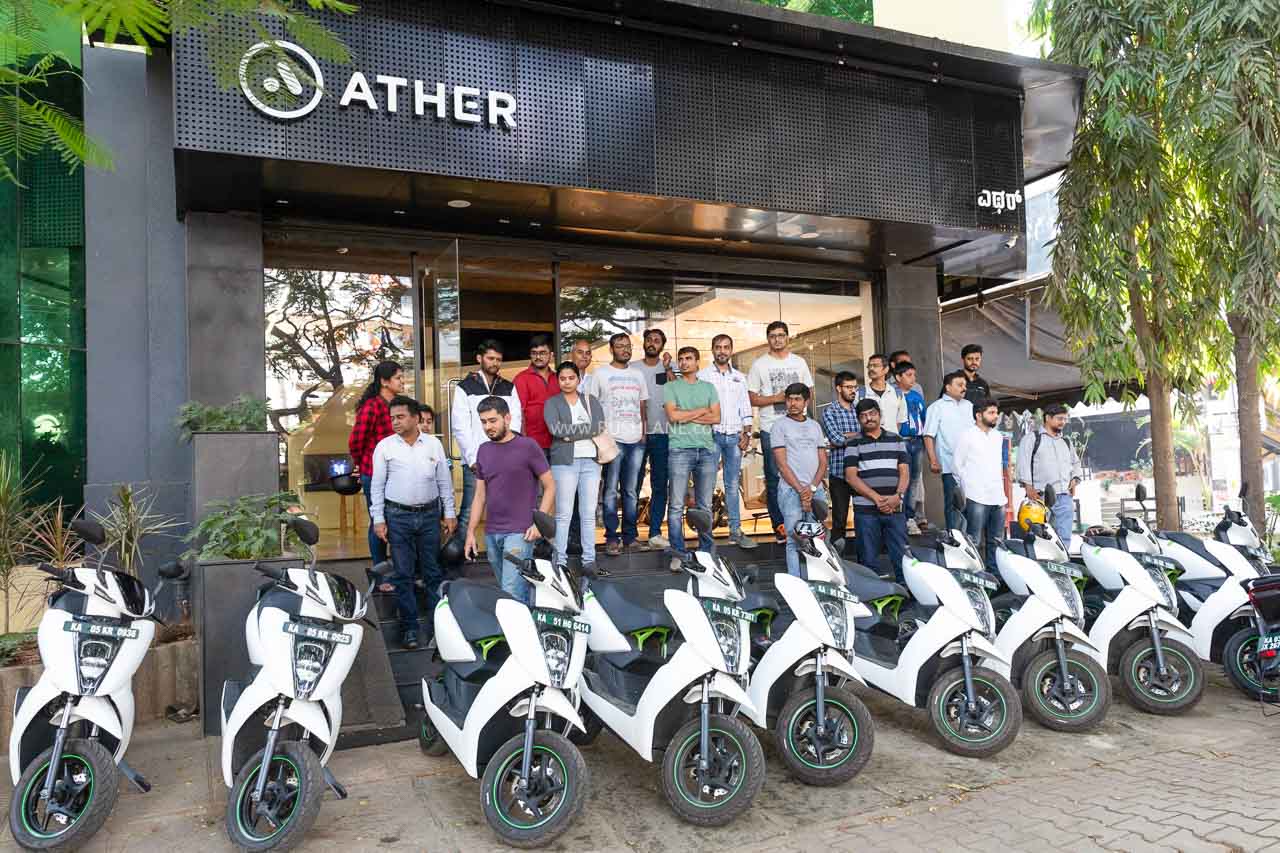
Delhi Govt to deposit Electric Vehicle Subsidy in bank account of EV buyers
by Arun PrakashUnder this new EV Policy, the Delhi Government will provide subsidies to buyers of electric vehicles
Delhi Government is set to become the first state government in India to implement its Electric Vehicle policy. The state is likely to roll out the subsidy schemes under the new electric vehicle (EV) policy next week.
The Delhi Government had notified the EV policy for the national capital last month after a formal announcement by Chief Minister Arvind Kejriwal. The policy was adopted with the aim to boost economy and reduce pollution levels in Delhi which is considered to be one of the most polluted cities in the world.
At the time of the announcement, CM Kejriwal said that the new policy aimed at registering five lakh new EVs in the next five years. Officials of private nationalised bank- ICICI demonstrated a software to Transport Minister Kailash Gehlot which would be used for the disbursement of subsidies under the policy.

Provisions Under This Policy
This new EV policy will provide incentives up to Rs 30,000 for two-wheelers, three-wheelers, auto-rickshaws and e-rickshaws while offering a massive incentive of up to Rs 1.5 lakh for electric cars. This new EV policy will be valid for three years after which the government will review the conclusion of the policy. All the benefits offered under this policy will be relevant over and above the already existing Central Government’s FAME 2.0 policy.
According to the payment mechanism of this policy, the subsidy will be transferred to eligible owners within two days to their bank accounts after confirmation from concerned motor licensing officers. Also, the dealers of EVs need to be self-registered with the Transport department of Delhi government so that they are able to transfer the subsidies to the beneficiary’s bank account.
Also, the road tax and registration fee will be waived off by the state government under this scheme. Financial institutions will also provide low-interest loans to commercial EV owners. Not only this but the government will provide a 100 percent subsidy for purchasing charging equipment priced under Rs 6,000 for the first 30,000 charging sockets across the city. The new policy also mandates new residential societies and offices to reserve 20 percent parking space for EVs.
After introduction of the new EV policy, Delhi is set to become the nerve centre of electric vehicles in India. Until the previous month, over the 11 million vehicles plying on Delhi roads, currently, only 83,730 are electric vehicles out of which majority are e-rickshaws. A similar policy in other states would definitely boost the EV movement in India.